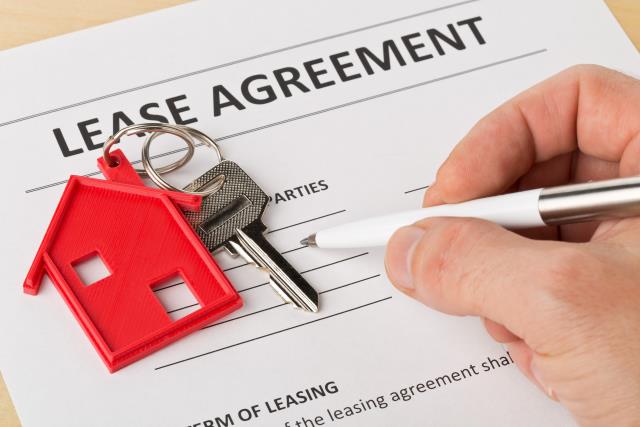
By Dominique Tassell
The rental crisis is well and truly on our doorstep, with a worrying increase in locals struggling to find accommodation.
Susie and Jason* have lived in their house in the Southern Downs for two years, but due to an electrical fault have now joined the growing population of locals struggling to find a home.
The house they have called home for two years has been condemned, and the couple and their two teenagers are struggling to find another home that will accommodate them without breaking the bank.
Susie and Jason have renewed their six-month lease three times, paying $260 a week for the three bedroom home.
“I pay five dollars extra a week,“ Susie said. “So we’re always in advance.“
Other homes in town of a similar size are going to cost the family at least $300 or more, with most well over that.
They’ve applied for a few houses, but haven’t even been able to tour some of them.
Susie said one of the agents in town could be hesitant to rent to them as they lived in a house with them prior to the house they’re currently in, and didn’t realise they had a debt until after they had moved out.
The debt was paid as soon as they were made aware of it, and Susie said they were told it would be out of the system once paid off.
Susie and Jason are looking for a three bedroom house, as they have a teenage son and daughter who need their space.
The last property they saw, Susie said, had two bedrooms and a sleep out.
This could have been an option, but the sleep out was also a main thoroughfare.
“We’re not being fussy,“ Susie said. “But you need something you feel comfortable with.“
It was suggested by a rental agency that they rent for six months, which is now the minimum contract available after rental reforms came in on 1 October, and then look for something more suitable after that.
“I want a home,“ Susie said.
Another suggestion was that they stay in a caravan park until they’re able to find something, but this comes with its own expenses.
Two adults and two kids in a caravan isn’t exactly ideal, Susie said, and they would have to pay to put their belongings in storage.
To make things more stressful, Susie is on jobseeker payments while Jason is on a disability pension.
There’s basically left nothing left after rent and food on government assistance, Susie said.
Rent is always first priority, she said.
“Whatever money is left over, that’s what you go do your shopping with.“
With the cost of living ever increasing, their budget is stretched thin.
While Susie has received a small increase in payments under the new government, that’s only just keeping up with the rising cost of necessities like rent.
“Some of the politicians need to go on assistance for six months and see what it’s like,“ Jason said.
Trying to keep a roof over the family’s head is incredibly stressful, Susie said.
“What do you do? Where do you go?“
There’s simply not enough houses on the rental market, Susie and Jason said.
“Everyone has bought up the properties and moved here,“ Jason said.
Susie said she walked past a local real estate agent recently and looked at the properties in their window.
There were over 20 properties recently sold and not one rental available.
If the population is growing more houses need to be built, she and Jason said.
While there are some programs in place to help out, such as cheaper rentals through the NDIS, there are simply none available in the area.
“It’s hard for a family,“ Susie said. “I check the website a couple times a day.“
“You apply for one and can’t even see it.“
*Names have been changed for anonymity.






